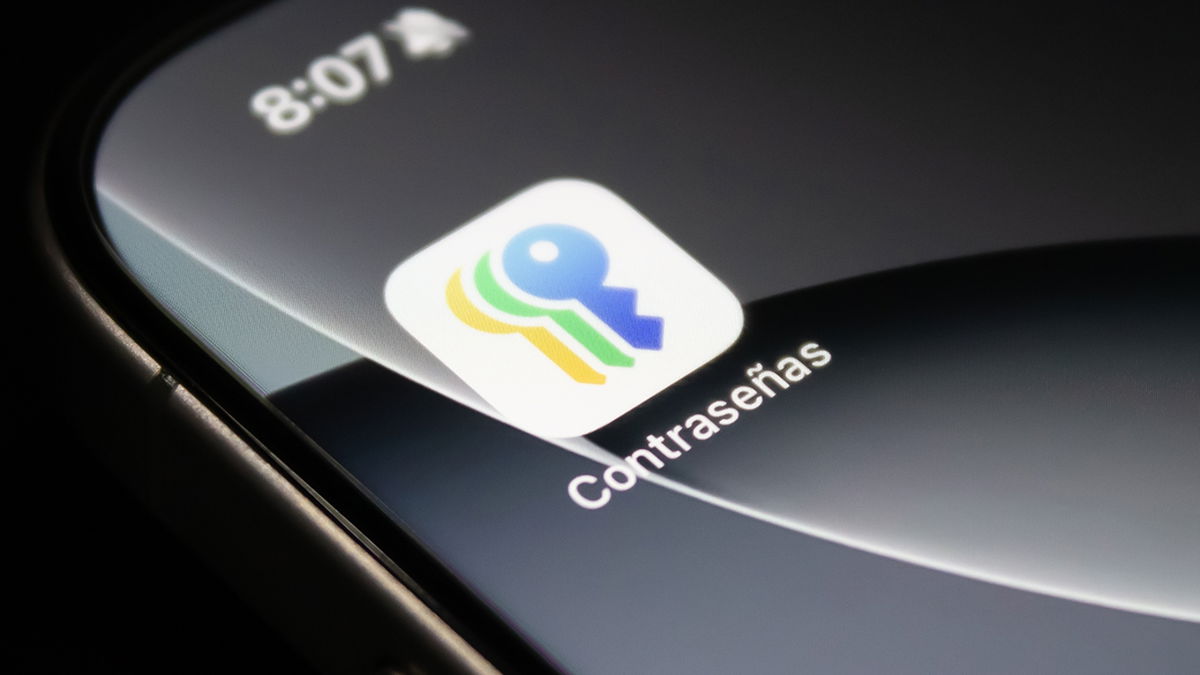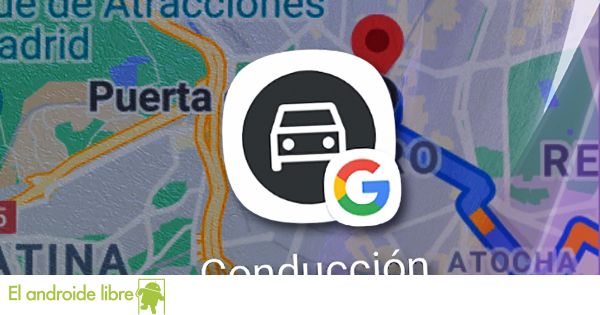There is still a week left for Apple enables external links for payments in the App Store. December 9 is the date chosen by judge Yvonne Gonzalez Rogers, a day that Apple wanted to delay as much as possible even if its request was refused.
Now, time is running out and the company must authorize developers who wish to integrate external payment links into their application. However, Apple is not for the work of give these transactions and plan to submit them to the payment of a commission corresponding.
From speculation to real possibility: Apple will continue to charge the commission
I listened to Cupertino a little @somospostpc @matiass And I realized one thing: why do people think the external link automatically avoids Apple’s commission?
I read the sentence, the feeling I have is that the judge is not preventing Apple from accusing him there.
– Eduardo Archanco (@eaala) September 14, 2021
In the judgment rendered in the Epic Games case against the App Store, there is no indication that Apple cannot charge your commission for purchases made through external links. Nothing. With the addition that the judge validated this Apple business model, indicating that it is not a monopoly. Reasons why Apple was elated with the phrase.
Despite having won 9 of the 10 points of the test, those of Tim Cook wanted to finalize this last point which resists them. And now they show their cards to deactivate its consequences. From Apple’s response to the refusal of precautionary measures for the suspension of external links:
Finally, Epic suggests that Apple will not receive its commission on “transactions that occur outside of the app … for which Apple has never charged a commission.” It’s not correct. Apple had previously charged no commission for digital purchases through buttons and links because such purchases were not allowed. If these measures go into effect, Apple could collect the commission for purchases made with this mechanism.
From page 68 of the ruling, it is explicitly stated that “Apple would be entitled to a commission or license fee, even if the IPA were optional”. Throughout it, the judge welcomes the perception of the 15 to 30% commission from the App Store not because of the cost involved in the proceedings for Apple, but as way to monetize your intellectual property.
Joy in a well

From the outset, most of the media positioned the decision in the Epic v App Store case as a triumph of the first. Assuring that the App Store was affected and that Apple should say goodbye to its commissions. Nothing could be further from reality.
The reality is that the sentence simply opens the door to payments via links or buttons, but does not prevent Apple from taking its commission.
A quiet reading of the document leaves little doubt in this regard. But that is impossible to do when articles are published within 15 minutes of the announcement of the sentence. This is where the disappointments come from, when the facts come true. As we have seen, several key aspects of the sentence should be taken into account:
- The App Store is not a monopoly.
- Apple has the right to monetize its intellectual property.
- The commission does not cover processing or transaction fees in the App Store.
- Commission is a way to make money for the effort behind the App Store.
- Apple doesn’t just have to cover the costs, it can make a profit.
Newly formed companies such as Paddle have already opened the ban with their third-party payment system. Even if no movement has been observed from other major ones, such as Stripe or PayPal. Maybe to know the real meaning of the sentence.
It is very possible that the impact of external links is less than you think. But Apple seems not wanting to give a millimeter at this point because of Epic.









